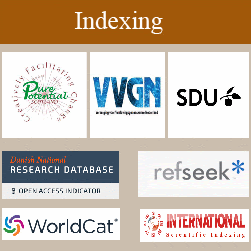Short-Term Effect of Reduction in Forced Vital Capacity After Diving Exposure
Author(s):
Cheng Hua
To discuss whether there is relationship between short-term and long-time attenuation effects of ventilation caused by diving activity. The ventilation observed before and after hyperbaric exposure for 20min by case-control experiments. Participants of the experimental group (EG) stayed for 20min under 12-m underwater and the control group (CG) stayed in hyperbaric chamber under pressure of 2.2ATA. Immediate effects of pulmonary ventilation detected by the Spirometer and compared by paired T test to reveal the different caused by environmental pressure. The Vital Capacity (VC) rises while the Minute Ventilation (MV), Maximal Voluntary Ventilation (MVV) decreases after the exposure for 20min in both groups. The Forced Vital Capacity (FVC) is detected decreased significantly in EG (t=1.21, P =0.25) while it slightly increased in CG (t=-0.42, P =0.68). The ratio of Forced Expiratory Volume in one second to VC (FEV1.0/VC %) increase in EG (t=-0.73, P=0.48) while decrease in CG (t=0.42, P=0.17). The Ratio of FEV1.0 to FVC (FEV1.0 %) values increase obviously in EG (t=-1.48, P =0.16) and a bit in CG (t=-0.23, P =0.82). High pressure is the common factor in both groups that leads the changes in the same trend in VC, MV and MVV. Extra factors as immersion effect, loading of diving equipment and low temperature underwater, would encounter EG participants. Instant reduced effects of FVC under diving exposure in the study are quite consistent with the long-term cumulative effect of professional divers in previous research, which illustrated even small depth of short-range diving exercise have definite influences on ventilation.



